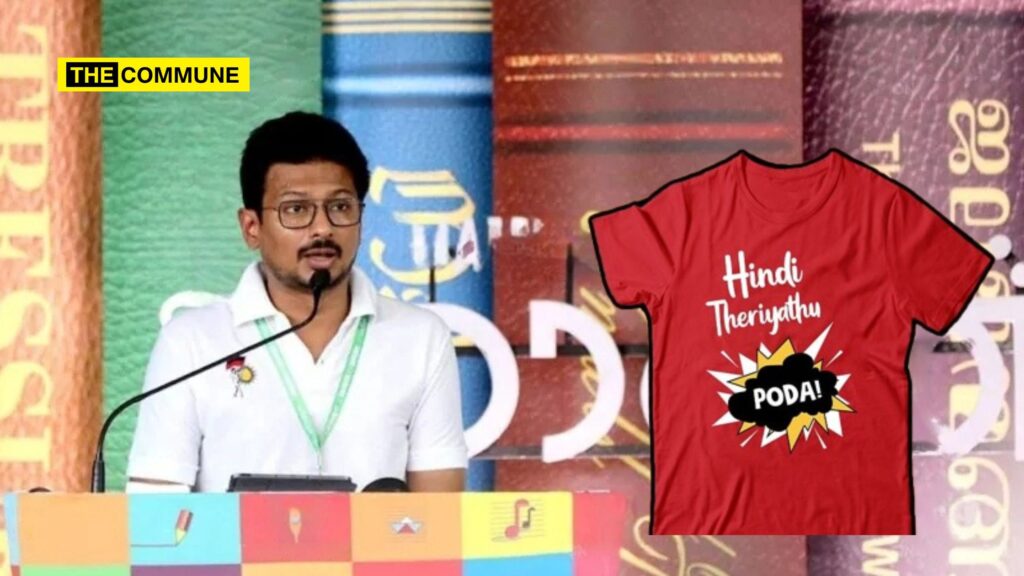Tamil Nadu Deputy Chief Minister Udhayanidhi Stalin expressed that he does not harbor any animosity towards the Hindi language itself, but opposes its imposition. He made these remarks while attending an art and literature festival organized by Malayalam Manorama in Kozhikode, Kerala.
Udhayanidhi emphasized the importance of collaboration between Tamil Nadu and Kerala to safeguard their languages, cultures, and literature from the perceived threats posed by the BJP. He urged the people and political parties of Kerala to unite in the struggle against communal forces.
During his speech at the festival, he stated, “Both Tamil Nadu and Kerala share a profound appreciation for their cultural heritage. We are facing challenges from the BJP, which seeks to impose a singular vision of ‘one nation, one culture, one election, one language, one dress code, one religion, and one food’ upon us and other states in India.”
He called for solidarity, saying, “Let us join forces to protect our languages, cultures, and literature from the fascist agenda of the BJP.”
Udhayanidhi elaborated on the linguistic and socio-political reforms driven by the Dravidian movement over the past century, aimed at defending Tamil from the encroachment of Sanskrit and Hindi. He asserted, “Tamil Nadu and Kerala are among the most progressive states in India, having successfully kept fascist and communal influences at bay. The people here resist fascism due to the strong foundation of progressive politics.”
He noted that prior to the Dravidian movement, Tamil literature primarily consisted of mythology and devotional works, but leaders like Anna and Kalaignar championed Tamil literature that reflected human experiences and popular culture. “The Dravidian movement positioned Tamil as central to our identity. It’s not just a means of communication; it embodies the voice of a community seeking recognition, dignity, and freedom from Hindi imposition.”
Addressing the principles of equality, rationalism, and anti-religious sentiment espoused by the Dravidian movement, Udhayanidhi highlighted how these values have influenced Tamil Nadu’s language policies, cultural events, and educational frameworks, preserving the state’s unique linguistic identity.
He pointed out, “Today, our pride in the Tamil language and literature informs discussions about state autonomy and cultural excellence. Previously, Tamil Nadu’s resistance to linguistic subordination was viewed as divisive by nationalistic forces, which believed our opposition to Hindi imposition would lead to national disunity. However, history has shown otherwise. Those who wish to impose Hindi on non-Hindi-speaking states are the true divisive elements and pose a threat to national unity.”
(With Inputs From DT Next)
Subscribe to our channels on Telegram, WhatsApp, and Instagram and get the best stories of the day delivered to you personally.

